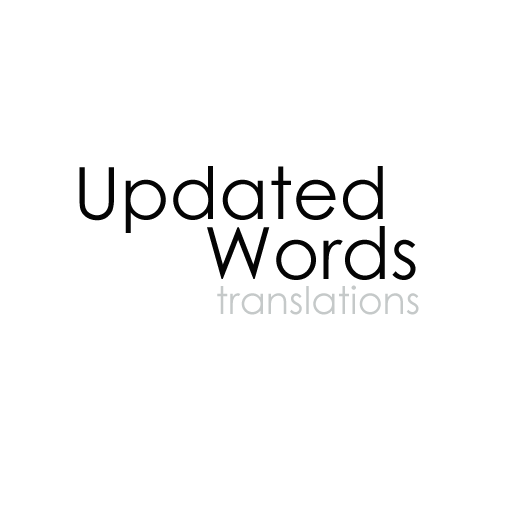Anytime we meet someone new at an event, it is quite common to talk a bit about ourselves as well as learning a bit about the other person. Usually, we talk about the place we live, children and of course, occupation. From my own experience, I must say these conversations are always very pleasant and they always bring about the same issue: “Oh you’re a translator. Very nice. Do you do conferences?” …
Well, yes, if you are organising a conference and you need some leaflets to be made in several languages being one of them Portuguese, I can certainly do that for you. But if you need someone to stand up at the conference and “translate” what a participant says in English into Portuguese, so the Portuguese attendees understand it, then my answer will be, no I don’t. Because I’m not an Interpreter.
Then, they get even more involved in this conversation, and of course I’m always asked to explain the difference. It is quite understandable I must say, since theoretically both my interpreter colleagues and myself actually translate from a source to a target language. However, the way we conduct our work is totally different and we do have different qualifications.
I’m a translator, I work with written documents. The client sends me a document he or she wants translated and I a set a time for this work to be carried out. I then sit at my desk with my dictionaries and other professional tools and do my job for that client. An interpreter works differently. Their work is oral rather than written. They stand up and they translate speeches or phone calls or something like that. I believe when it is a major conference and they have to translate speeches, they might have access to those beforehand so they can be better prepared, however this is just my belief, since I don’t know if it truly happens.
Now, if you ask me if I couldn’t translate what someone says to another person who doesn’t understand it, well I can, in fact, I guess every bilingual person does that. I’ve been asked to go to medical appointments with relatives, I’ve been asked to translate people’s conversations in family functions, for those who can’t understand English. However, I do this among family and, of course, I don’t charge for it. I can’t do it professionally since I’m not professionally qualified to do so.
Some colleagues have both qualifications. And in their case you can ask them for both services, but most of us have only one …
We both have very challenging and amazing jobs, we both learn a lot throughout our careers. We both have a great amount of responsibility in our work, but at the end of the day who hasn’t?
I decided to talk about this today, so I can clarify this and help people understand my profession and the differences between a translator and an interpreter.
I hope I helped you do that.
Cátia

